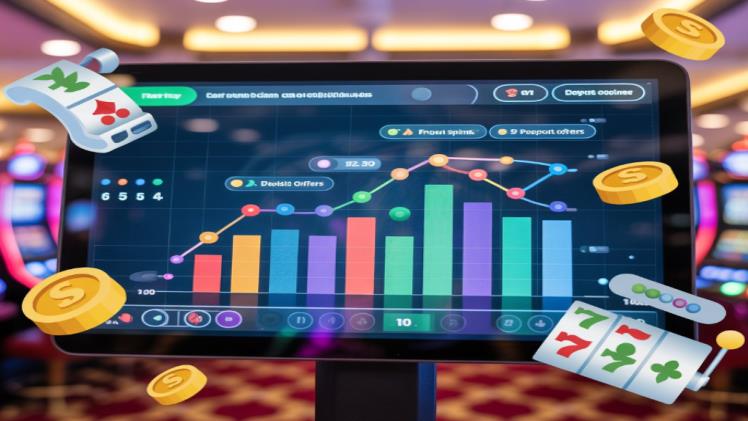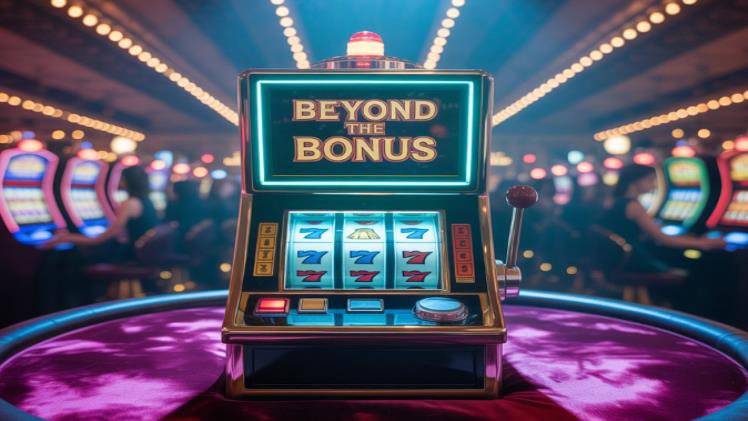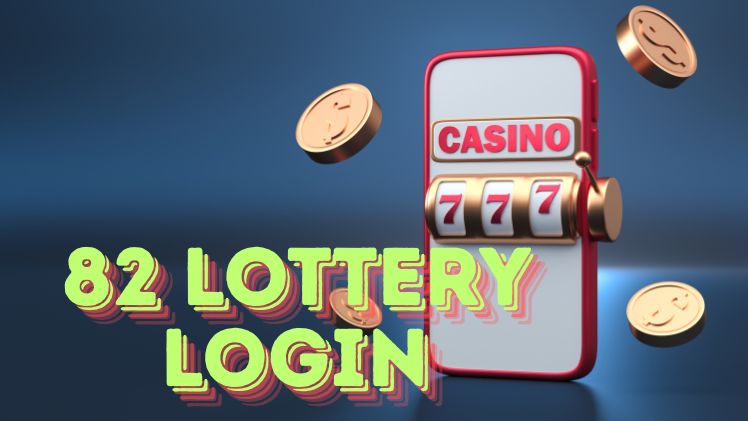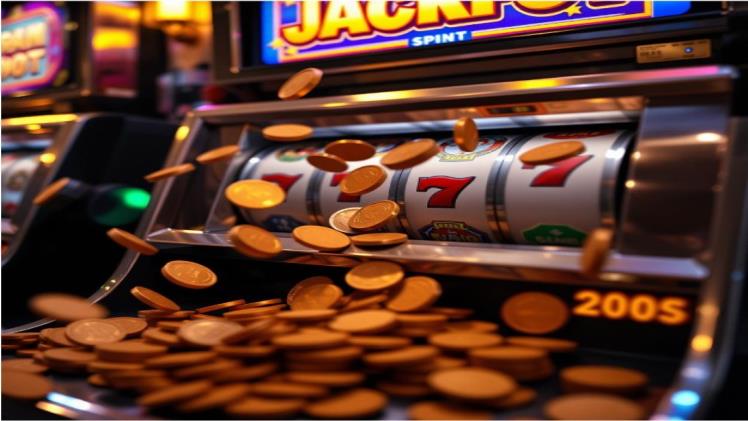Beyond the Bonus: What Free Spins and Deposit Offers Reveal About Player Behavior
Promotions have long been the fuel of the online casino engine. But behind the flashy headlines and bold typefaces lies a deeper truth—different types of bonuses don’t just influence signups, they shape how people play, how long they stay, and how they feel about the casino itself.
Among the most widely used promotions, free spins and deposit bonuses are two very different tools. One attracts, the other commits. One offers a no-strings taste of excitement, the other creates a financial anchor. And while both can be packaged together—as in the case of a $200 No Deposit Bonus or 200 Free Spins—each plays a distinct role in how players behave and what drives their choices.
This article breaks down the psychological underpinnings of each bonus type and how they affect user experience.
Free Spins: A Controlled Shot of Dopamine
Free spins, especially when offered without requiring a deposit, are all about low-friction engagement. For many players—especially those new to online gambling—they’re a signal that there’s nothing to lose, and maybe something to win.
From a behavioral perspective, free spins operate like a dopamine trigger. The action is immediate, the results come fast, and the structure is tightly defined. Players are told exactly how many spins they’re getting, on what game, and often with a cap on potential winnings. A popular format—25 free spins on registration with no deposit required—is psychologically powerful because it delivers instant access to action, without decision-making pressure.
Free spins reduce hesitation. They also drive volume: thousands of players may claim 카지노 꽁머니 just to test the waters. But because they require no financial investment, the emotional attachment is minimal. If there’s no win, the user may walk away—unless the casino has a compelling follow-up path.
Deposit Bonuses: The Power of Investment
Deposit bonuses work on a different psychological level. Unlike free spins, these require the player to commit money, which instantly changes their relationship with the platform.
When someone takes a 100 % casino bonus, they’re not just getting more funds—they’re entering a mental contract: “I’ve put money in, so I should get something out. This creates what psychologists call the sunk cost effect. Even if things don’t go well early, players may continue playing longer to justify the initial spend.
Deposit bonuses also create a sense of ownership over the bonus balance, even if it’s technically tied up in wagering conditions. Players strategize differently, manage stakes more carefully, and are often more emotionally invested in outcomes.
That investment can be rewarding—but it can also backfire. If bonus terms are complex or unclear, and a player loses both real and bonus funds without a win, the sense of loss can lead to distrust, disengagement, or even complaints.
Value vs Perception: Why Clearer Can Be Better
From a raw value standpoint, a deposit bonus often offers more money to play with than a free spin bundle. But value isn’t just about numbers—it’s about perception.
A free spin offer—like 200 Free Spins—feels generous and concrete. Players know what they’re getting and can quickly assess whether the experience was worthwhile. A deposit bonus, on the other hand, may advertise £200 extra funds, but hide the real cost in high wagering requirements, game exclusions, or withdrawal limits.
This disconnect between perceived and actual value is critical. It shapes whether a player feels satisfied after a session—and whether they’ll come back.
Short-Term Thrill vs Long-Term Play
Free spins tend to encourage short-term behavior. They’re consumed quickly, often within minutes. Players chase quick wins or move on. They’re effective for onboarding or building game familiarity but rarely keep someone around unless tied into broader loyalty or gamified reward systems.
Deposit bonuses, especially when delivered in stages, create more sustained play patterns. Players manage their balances across sessions, track progress against wagering goals, and are more likely to explore different games—especially those that count toward bonus clearance.
This can lead to longer retention—but also to bonus fatigue, where players get tired of conditions and opt out of future promotions.
Trust, Clarity, and the Post-Bonus Experience
Psychologically, the most successful promotions are those that set clear expectations. Free spins tend to win here—they’re direct, uncomplicated, and upfront. They build trust and give players a safe way to explore.
Deposit bonuses must work harder to earn that trust. When casinos clearly outline how a 100 casino bonus works, and guide users through the process, players are more likely to remain loyal—even if they don’t cash out. When casinos rely on fine print and confusing terms, the opposite occurs.
Importantly, what happens after the bonus matters just as much. Players who feel they were fairly treated—even in loss—are more likely to stay than those who feel misled during a win.

Final Thought: One Strategy Doesn’t Fit All
Operators often combine the two bonus types—offering a $200 No Deposit Bonus or 200 Free Spins—to let players self-select based on their preferences. This works because it acknowledges that not all players are motivated by the same things.
Free spins are great for curiosity, quick action, and low risk. Deposit bonuses tap into strategy, commitment, and reward loops. When used well, they complement each other—driving both first contact and long-term value.
In the end, it’s not about which is “better.” It’s about how they’re delivered, how clear they are, and how well they align with the player’s mindset at each stage of the journey.







